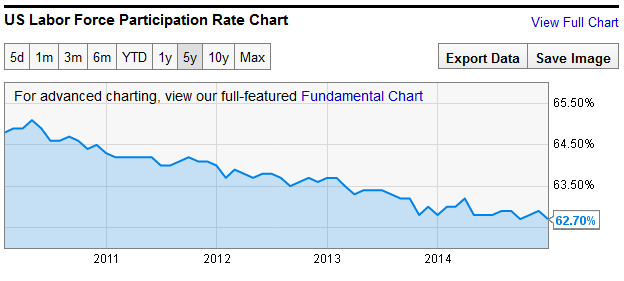On January 18th, Reuters posted an article reporting that President Biden will extend the U.S. national emergency declared in March 2020 due to the COVID-19 pandemic. The national emergency would have expired on March 1.
The article reports:
The emergency would have been automatically terminated unless, within 90 days prior to the anniversary date of its declaration, the president sent a notice to the Congress stating it is to continue beyond the anniversary date.
Biden’s step to extend the emergency comes even as a slew of local leaders in the United States are dialing back pandemic restrictions as the Omicron wave ebbs. read more
The governors of New York and Massachusetts announced last week that they would end certain mask mandates in their states, following similar moves by New Jersey, California, Connecticut, Delaware and Oregon.
U.S. health officials said earlier this week they were preparing for the next phase of the pandemic as Omicron-related cases decline.
On Friday, The Conservative Treehouse reported:
Joe Biden informed Speaker of the House Nancy Pelosi that he intends to extend the federal National Emergency declaration beyond its termination date in March. [STATUTE HERE]
By statute the State of a National Emergency expires one year after initial declaration. That meant the COVID National Emergency declaration was scheduled to end March 1st. However, the statute allows the extension if the executive office informs the legislative branch within the 90-day window prior to expiration.
Biden informed Nancy Pelosi today of his intent to extend the National Emergency. Both the House and Senate will now have to schedule a vote to support the extension [SEE HERE]:
It is encouraging to me that Congress has to vote on the extension. It is possible that the emergency declaration will be used against any American truckers protesting vaccine mandates (as in Canada), but it is also possible that the declaration will be used to justify extensive mail in voting in the mid-term election.
Townhall reported the following on Wednesday:
Weeks ahead of the state’s March 1 primary, local election officials in Texas are sending mail-in ballots back to thousands of voters who had turned them in, citing issues with ID requirements created by the state’s controversial new voting law.
In Harris County — Texas’ largest county, which is home to Houston — election officials said they’d received 6,548 mail-in ballots as of Saturday and had returned almost 2,500 — nearly 38% — for correction because of an incorrect ID.
That’s a far higher rejection rate than is typical.
[…]
Voting for the March 1 primary that is currently underway in Texas is the first big election held in the state since Senate Bill 1, a GOP-backed law that introduced sweeping changes to the Texas election code, went into effect.
[…]
Sam Taylor, assistant secretary of state for communications, says a Texas voter who is already registered can update their registration online — even after the registration deadline — on a new website the state created to make sure it has all the IDs the voter uses.
“You are not changing anything by adding information to your voter registration record, you are just making it more complete,” he says. “So that doesn’t start the clock over in terms of whether or not you were registered by the deadline for the March primary.”
Now stop and think about what is happening in Texas for a moment. Texas has put in place laws that will help protect the integrity of mail-in ballots. Many other states have not. If America is in a state of emergency, can that state of emergency be used to justify universal mail-in ballots? If you were a Democrat looking at the polls, would you be looking for a way to win?
On April 10, 2020, The Wall Street Journal reported:
‘Absentee ballots remain the largest source of potential voter fraud.” That quote isn’t from President Trump, who criticized mail-in voting this week after Wisconsin Democrats tried and failed to change an election at the last minute into an exclusively mail-in affair. It’s the conclusion of the bipartisan 2005 report of the Commission on Federal Election Reform, chaired by former President Jimmy Carter and former Secretary of State James Baker III.
Concerns about vote-buying have a long history in the U.S. They helped drive the move to the secret ballot, which U.S. states adopted between 1888 and 1950. Secret ballots made it harder for vote buyers to monitor which candidates sellers actually voted for. Vote-buying had been pervasive; my research with Larry Kenny at the University of Florida has found that voter turnout fell by about 8% to 12% after states adopted the secret ballot.
Please follow the links to all the articles mentioned to get the complete picture.




